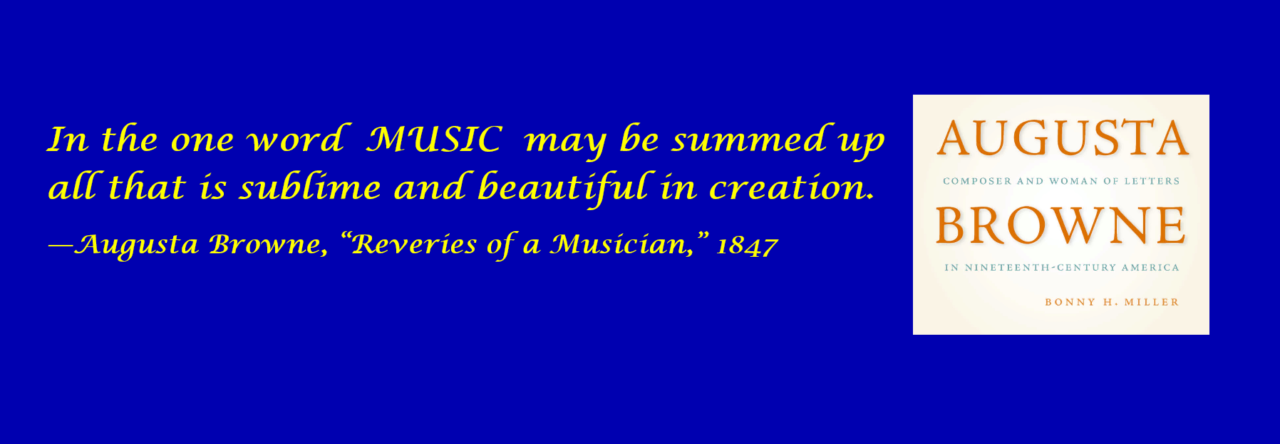During fall 2020, I had the pleasure of presenting a Zoom session, “Finding Your Path into Print,” for graduate students at my alma mater, Washington University in St. Louis.
This presentation focused on strategies for publishing in the humanities for scholars still in graduate school or in the first few years after completing the degree. The invited audience members were Olin Fellows in Washington University graduate programs in the humanities and social sciences. They ranged from students at the master’s level to those completing dissertations and contemplating future publication of their theses as books.
My presentation for these exceptional students found its place in the series called “Always a Fellow.” The generous support of the Monticello College Foundation is administered at Washington University as the Spencer T. and Ann W. Olin Fellowship for Women in Graduate Study https://graduateschool.wustl.edu/olin-fellowship. I am proud and grateful to have been an Olin Fellow since 1975. The Olin Fellowship made it possible for me to attend graduate school and complete the master’s and PhD degrees.
First Steps
The presentation was built around three questions that graduate students should ask themselves as they proceed through coursework and dissertation research:
- How can I begin to publish in my field before I finish my degree?
- Will I be able to publish my dissertation as a regular book after I graduate?
- How do you submit a book proposal to an academic press?
The participating students brought many of their own specific questions for discussion.
We discussed strategies to initiate publication of seminar papers and thesis research by attending and delivering papers at regional conferences, participating in special interest groups within societies, and seeking out themed journal issues for publication possibilities. Co-authorship with a mentor, professor, or more advanced colleague in the field can launch an early article. Critique and revision are essential in completing a submission for publication, but I also recommend seeking out good comparable examples of writing and scholarship as models for your own future article or monograph.
I borrowed the mantra “location, location, location” from real estate to emphasize the importance of finding a good match for your publication, whether seeking a suitable journal for an article or a press to consider a proposal for a book publication. Identifying a venue that publishes similar materials–whether articles or books–is one key element for successful publication.
We talked about revision (voice, style, and narrative arc) and broadening one’s writing style to communicate to a wider audience in order to transform a dissertation into a publishable manuscript. There are many good articles and guides to help you rethink and revise a dissertation into a book. We covered the elements of a book proposal and its place within the publication process of a book. The importance of a strong book proposal is a topic that may be new to graduate students but is critical for publishing a dissertation or any subsequent book.

Your Journey
The themes of “Finding Your Path into Print” preceded a comprehensive look at women and leadership across the professions in the two-day Olin conference, She Leads, that took place on December 3 and 4, 2020 (https://sheleadswashu.com). The conference panelists and speakers covered an extensive array of topics and concerns for working in business, tech, entertainment, or individual entrepreneurial pursuits.
Each of us is on a unique journey; furthermore, our trajectories are likely to change as we go. Every Olin fellow will find her own path, and it probably won’t be a straight line. We must be flexible and smart enough to cross into other disciplines using the hard skills that we learn (specific knowledge and know-how) and the soft skills that we cultivate (communication, advocacy, negotiation). Writing combines both hard and soft skills to empower that journey.
Advice for fledgling nonfiction authors is abundant in books, articles, and online resources, such as the 2020 publishing symposium presented by the University of Illinois Press (Getting it Written https://www.youtube.com/watch?v=5wpL2yTxSLc and Getting it Published https://www.youtube.com/watch?v=G5xJkQA3ikU).
Effective writing is one of the most valuable skills for our professional lives, whether in academia or beyond. Finding ways to incorporate writing as a regular practice rather than a chore will deliver many benefits. We discussed means such as journaling, writing buddies, review groups, and writing workshops or classes to foster and enliven one’s writing.

Good luck to the current crop of Olin Fellows at Washington University, and thank you for the opportunity to talk with you in November 2020.

